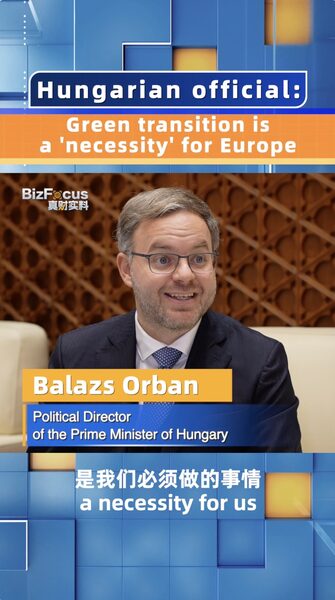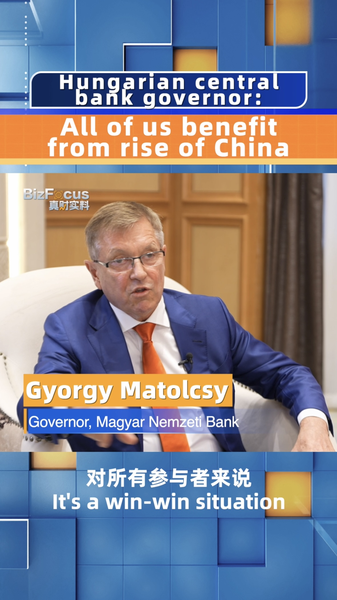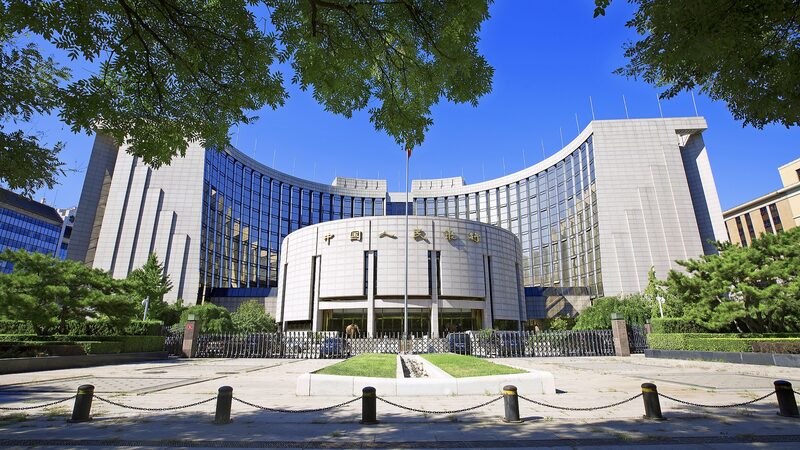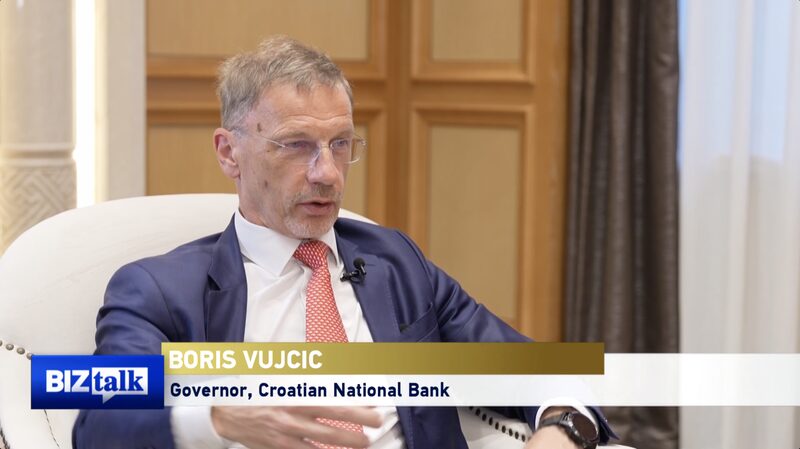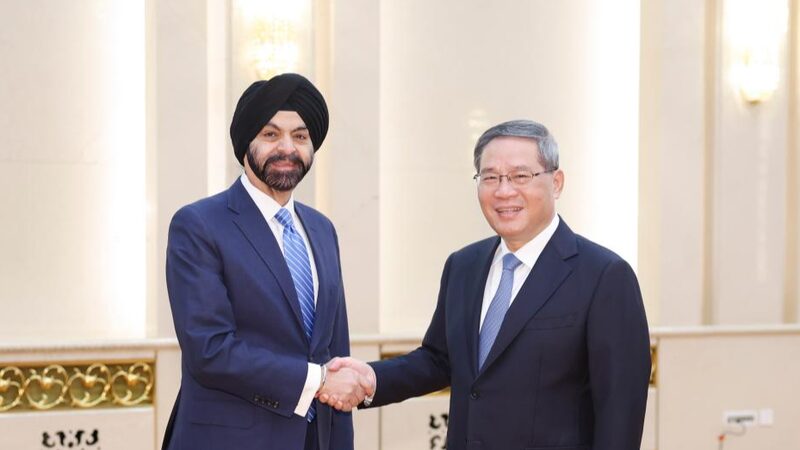The world stands at a critical juncture as geopolitical tensions intensify, global economic growth slows, and financial risks accumulate. The existing international financial system faces unprecedented challenges, prompting calls for a comprehensive overhaul to ensure stability and foster future economic development.
In a recent dialogue, BizTalk’s Guan Xin engaged with Gyorgy Matolcsy, governor of Hungary’s Central Bank, and Boris Vujcic, governor of the Croatian National Bank, to delve into the pressing economic issues and the necessity of establishing a new international economic order.
Urgent Need for Diversified Financial Systems
Matolcsy emphasized the importance of reconstructing a diversified international financial system. “The current framework is no longer sufficient to address the complex economic realities we face today,” he noted. “We need a system that can adapt to varied economic landscapes and support sustainable growth globally.”
Vujcic echoed this sentiment, highlighting that financial stability is a cornerstone for economic prosperity. “Strengthening global cooperation is essential,” he said. “By reaching a consensus on new rules and regulations, we can mitigate risks and create a more resilient economic environment.”
Strengthening Global Cooperation
Both economists agreed that enhanced collaboration between governments and institutions is crucial. The proposed economic order would involve shared responsibilities and mutual support to navigate financial uncertainties.
“International cooperation isn’t just beneficial—it’s imperative,” Matolcsy stated. “We must work together to create policies that are inclusive and considerate of all economies, big or small.”
Vujcic added, “Through collective effort, we can establish mechanisms that not only prevent crises but also promote equitable growth across regions.”
Implications for Asia and Beyond
The discussion holds significant implications for Asia’s dynamic economies. With many Asian countries playing a pivotal role in the global market, a stable international economic order could enhance opportunities for investment, trade, and development within the region.
“Asia’s economic landscape is integral to global prosperity,” Matolcsy observed. “A reformed financial system would support the region’s growth and, by extension, benefit the world economy.”
Vujcic concluded, “By addressing these challenges proactively, we set the stage for a more secure and thriving global economic future.”
The call to action from these prominent economists underscores the urgency of initiating dialogue and reforms. As the world navigates complex economic waters, such leadership and cooperation are vital in steering toward stability and growth.
Reference(s):
cgtn.com


